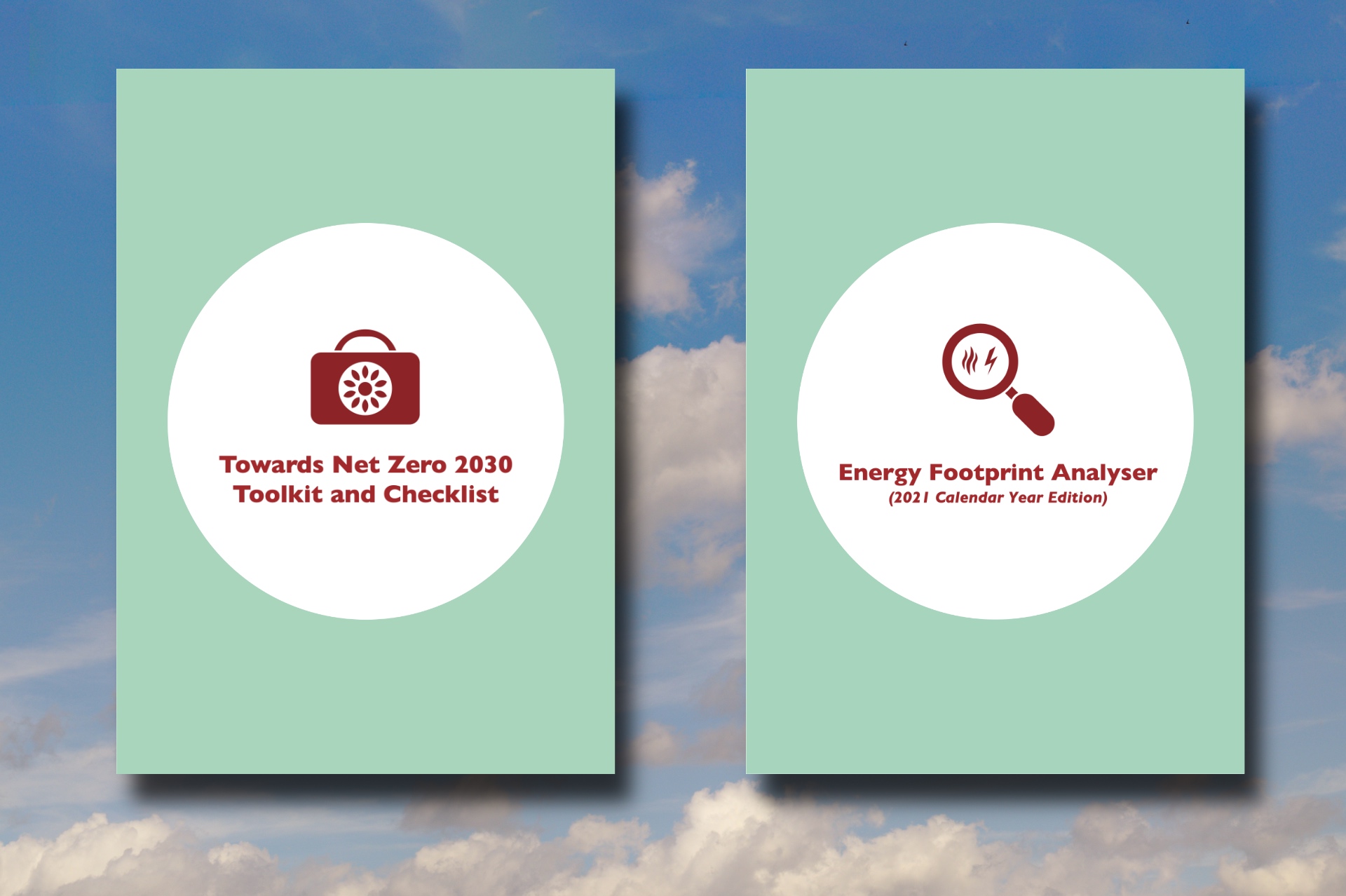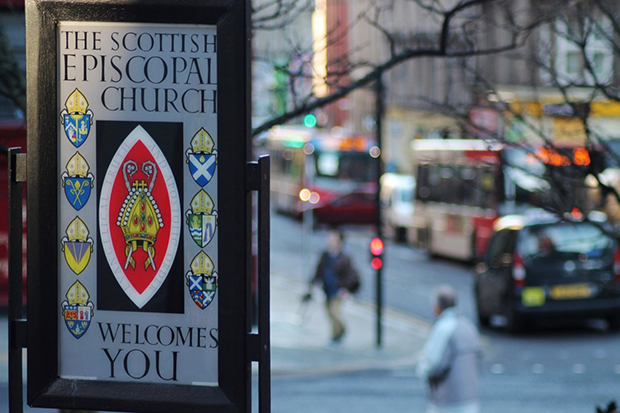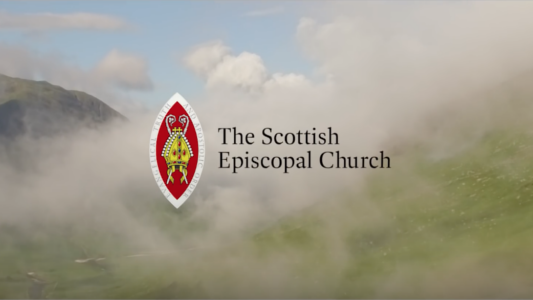Following the affirmation by the General Synod in 2020 that the Scottish Episcopal Church should commit to working towards Net Zero carbon emissions by 2030, the Provincial Environment Group (PEG) is pleased to announce the publication of a suite of tools to help congregations work towards this goal.
Taking the 10 points of guidance produced by the Church in Society Technical Committee as its starting point Towards Net Zero 2030 comprises a Toolkit and Checklist working document and an Energy Footprint Analyser. These tools are designed to guide churches through the process of identifying their current energy footprint, identifying opportunities to make meaningful changes, and prioritising those within the local context.
The toolkit and the energy footprint analyser are available at our website here.
Welcoming the publication of the Toolkit, the Rt Rev Ian Paton, Bishop of St Andrews, Dunkeld and Dunblane – PEG Convener – said: “I am extremely pleased that this resource is available for use by churches across the SEC.
“The twin crises of climate change and biodiversity loss can seem overwhelming in their scale, so I want to thank the members of the Provincial Environment Group, the Church in Society Committee Technical Group who first drafted elements of the Toolkit, and the independent testing organisations, for their hard work in creating an accessible and comprehensive set of tools to help churches address these issues.
“I encourage all members of the Scottish Episcopal Church to engage with the Toolkit and to continue playing their part in meeting the challenges that we all face.”
In a foreword to the toolkit, the Primus, the Most Rev Mark Strange said: “Congregations and individual members of the church are often anxious about what it is we need to do and how we get started on this vital journey. This material begins to give us a roadmap of the journey ahead and I ask you all to engage with the Toolkit without delay and begin to make real change now.”
The Provincial Environment Group has indicated that the toolkit is intended to evolve and develop as new resources are added and collective action takes place, with further consultation on policies and processes in future. The Group has requested that if users have any ideas or suggestions to contribute they should get in touch with PEG via the dedicated email address: environment@scotland.anglican.org








